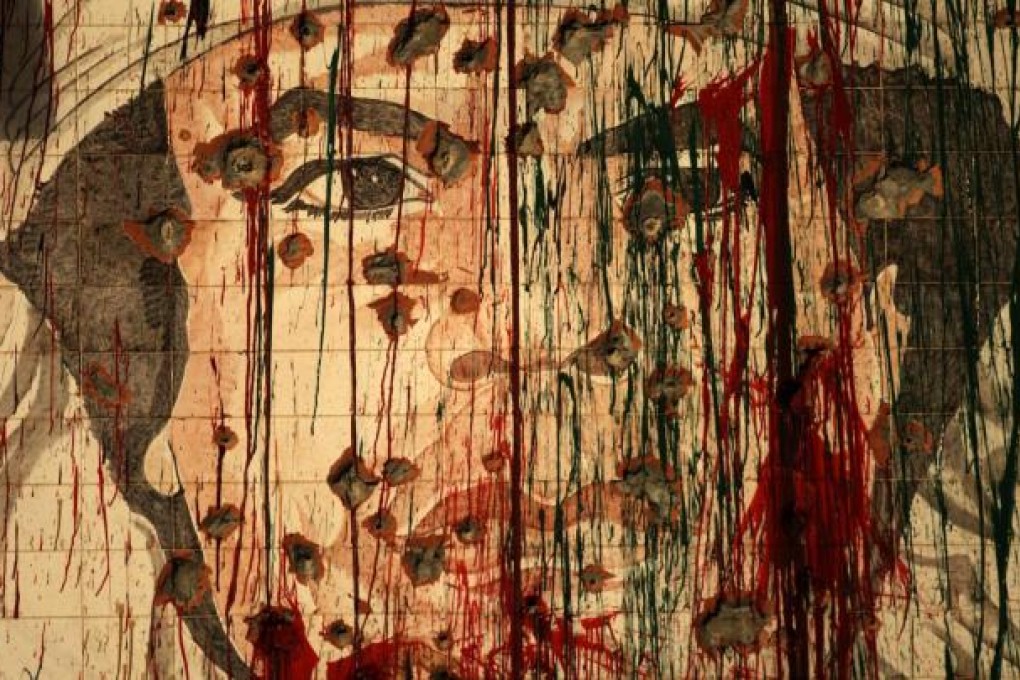Rebels blamed for post-Gaddafi woes
Once heroes for overthrowing the hated dictator, Libya's citizen soldiers are now accused of human rights abuses and snubbing the new regime

The citizen soldiers who became heroes for toppling Colonel Muammar Gaddafi last year are now being widely blamed for Libya's woes, and stand accused of summarily executing dozens of detainees, including the dictator's son.
Libya's new rulers have struggled to stamp their authority on brigades made up of ex-rebels, some of whom believe their legitimacy, forged on the front line, trumps that of the country's elected representatives. They are refusing to disarm and are snubbing the new authorities.
Yesterday, Human Rights Watch (HRW) issued a report decrying the authorities' failure to bring to account former rebels who participated in dozens of extrajudicial executions in Gaddafi's hometown of Sirte, where he was captured and killed on October 20 last year.
For their part, the former rebels accuse the authorities of doing too little to care for wounded veterans, and insist that there would be a security vacuum if they disarmed and went home.
"We risked our lives for God and the nation, so it is up to the new authorities to prove themselves worthy of the blood of our revolutionary martyrs and wounded," said veteran fighter Osama al-Daly.
"If not there will be another revolution to reset the course, meet these demands and clean up state institutions."